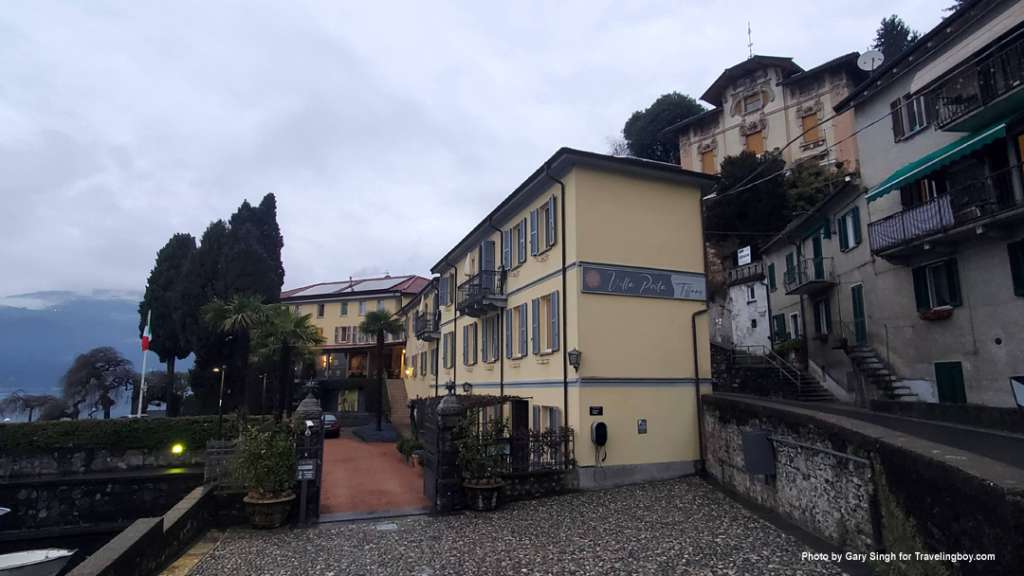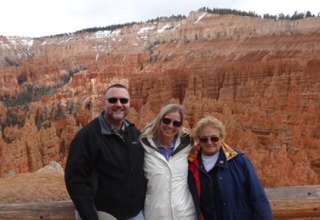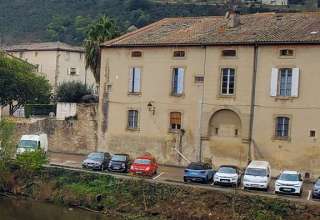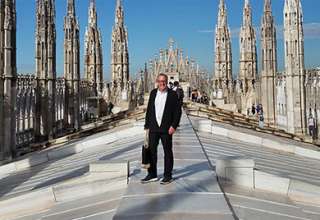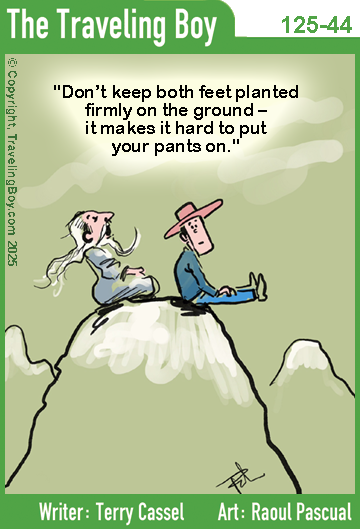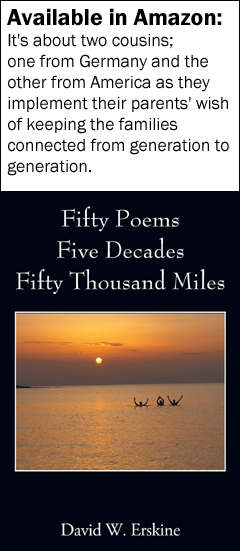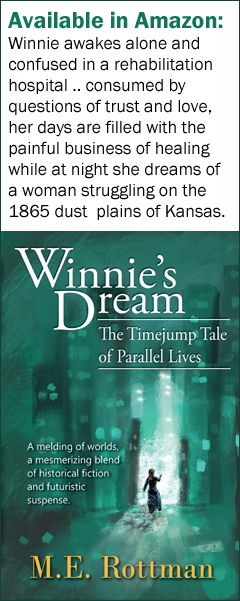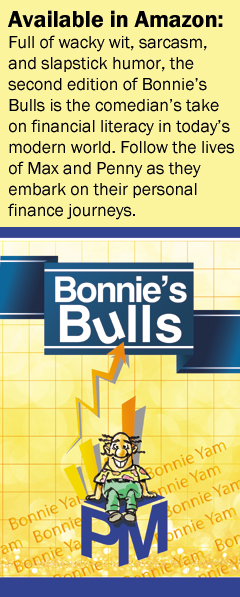Article and photos by Gary Singh
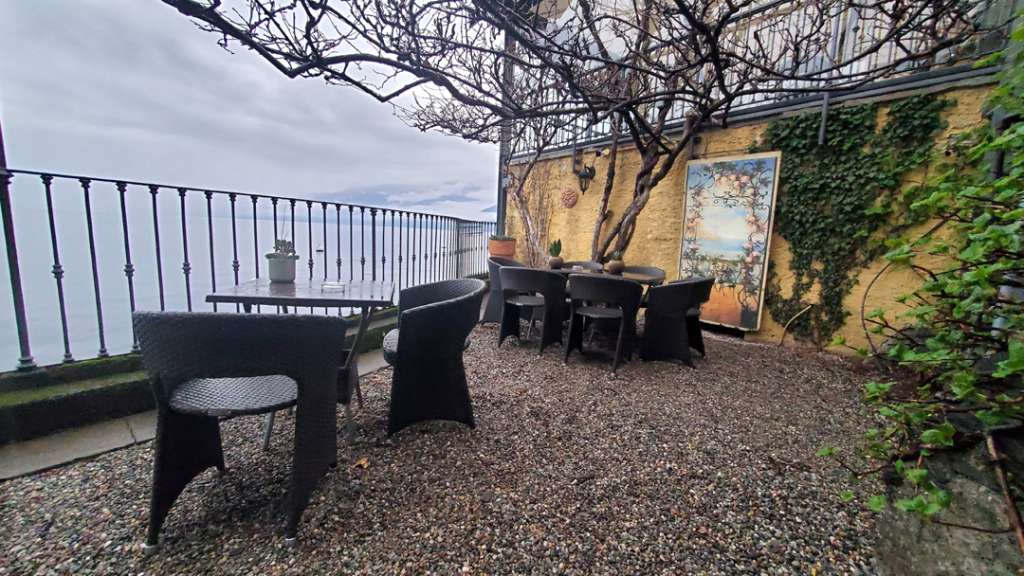
At Hotel Villa Porta on Lake Maggiore, everything seemed to suggest that borders were pointless. Maggiore was a huge body of water that curled its way from Italy to Switzerland. The luxurious 30-room Villa Porta, part of an expansive 200-year-old complex with multiple boat docks, was nestled against the hills near the tiny village of Colmegna, a few miles from the Swiss border.
Driving any direction from Villa Porta, visitors would see virtually no difference between the Swiss side of Lake Maggiore and the Italian side. The landscape, people and language seemed the same.
I sat alone in perfect solitude on the patio. The weather was overcast and beautifully grim. Everyone else was inside. The lake was majestic, as usual.
Inside the lobby, a spiral staircase took me up one floor and concluded right underneath a quote from the Buddha: “Don’t dwell on the past, don’t dream about the future, concentrate your mind on the present moment.” The Italian translation flowed much better, being a more musical language, but I relished in the moment. A peaceful air enveloped the whole place.
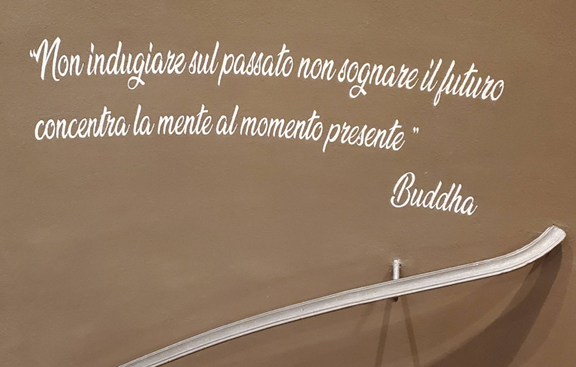
Villa Porta came with a splendid history, which only added to its sheer timelessness. The proprietors gave me a book that explained the history and various incarnations of the property, published many years ago when the place was still called the Camin Hotel Colmegna. The book contained a wealth of information. There were endnotes and a list of sources that previously referenced the property over the last century: exhibition catalogs, archival materials, winemaking histories and even military records. It was perfect companion for any wandering alt-scholar, anyone interested in surveying of those parts of Europe where borders seemed silly.
For me, Villa Porta was an example of why I traveled so much: The personal and the historical were inseparable. This property proved it. The owners were part of the history. The spatial experience of the landscape was inseparable from the owner’s personal story, going back decades. I loved such places.
Other travelers might prioritize the private apartments on the hillside, the wine list or the cigar space outside. For me, espresso and history books became the activities of choice.
And the history of the property was indeed amazing to contemplate. After incarnating as a hunting lodge, the place transformed into an inn. Then came 200 years of subsequent reincarnations. The book spilled the entire story, replete with historical photographs, vintage postcards and extensive commentary.
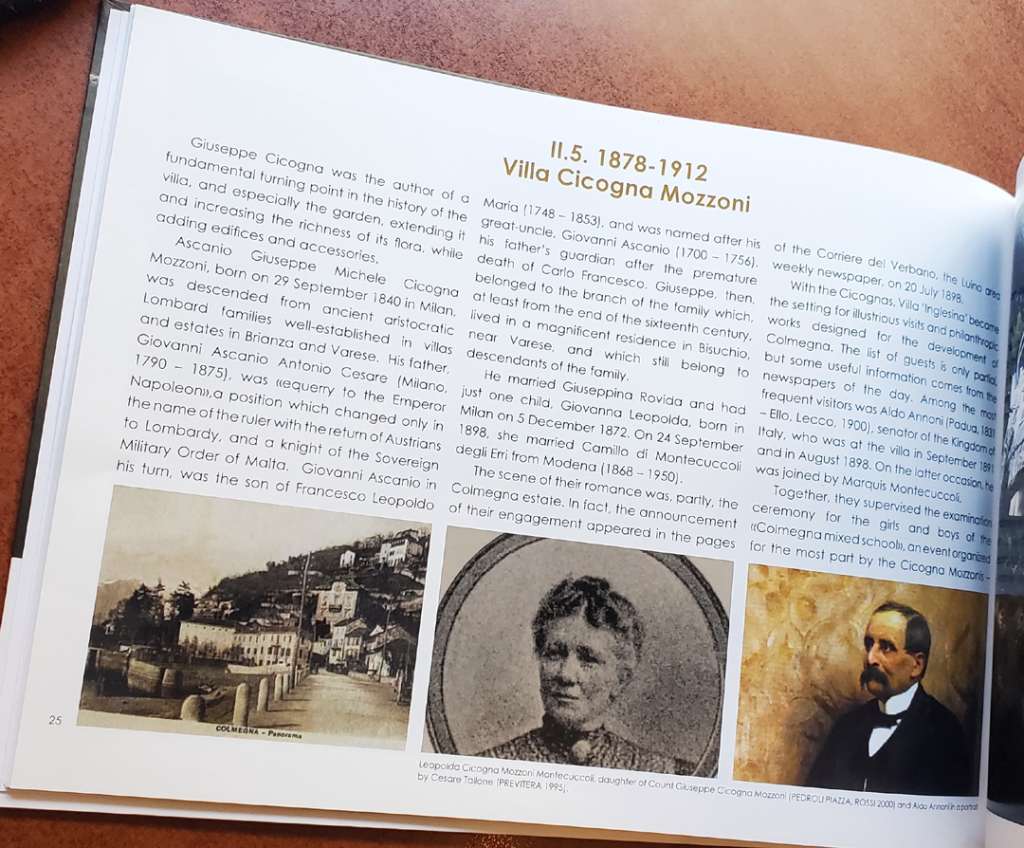
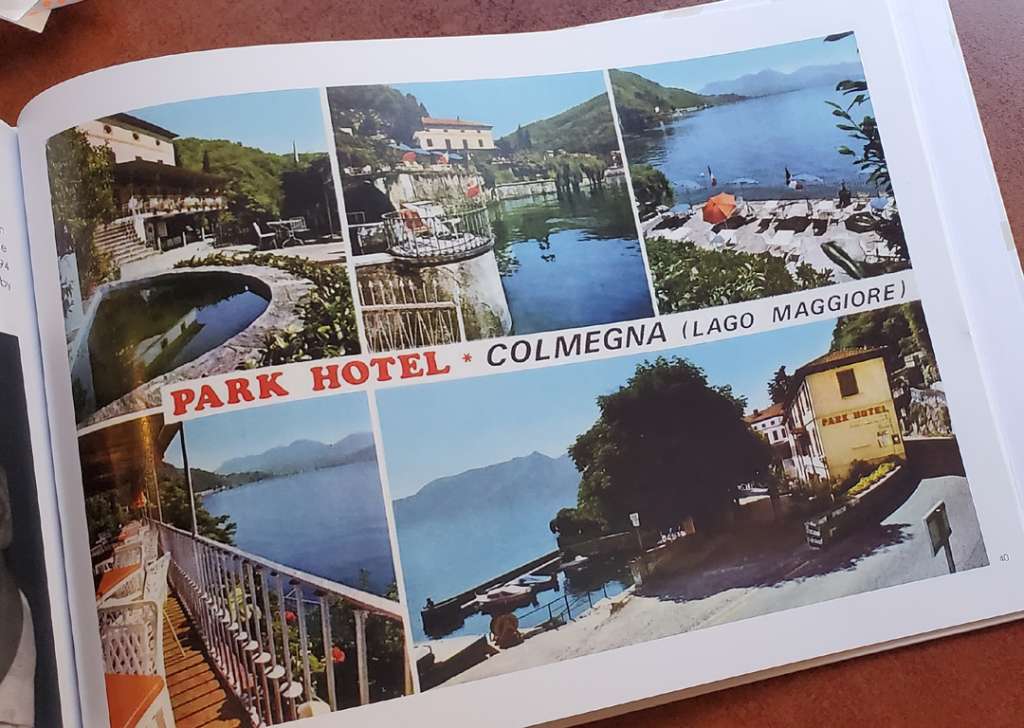
None of which seemed like “the past,” that is, with any relationship to “the present.” Every component contributed to the timeless nature of the whole place. The Buddha’s words kept me in the current moment.
Presently, Villa Porta staged many themed music parties throughout the year: Chopin nights with a live piano player. Barber of Seville parties including music from the opera and attendees drinking Barbaresco from nearby Piedmont. Everything you’d expect in Italy or Switzerland. But we were in Italy.
An employee told me that 72 weddings would unfold on the property this year. Banking groups would hold their meetings. There would be cooking classes and chefs demonstrating how to make fresh pasta.
Outside, the property sprawled horizontally and crept up the hillside. I saw a waterfall, a private beach and even more apartments.
Yet the tranquil setting on the lake became, for me, Villa Porta’s prime quality. Maggiore tended to produce that effect. I sat outside, even in chilly weather, where a double espresso became a perfect companion. The following morning, I sat inside, with a double espresso, and repeated the experience. We’d been all over the Northern Lakes region on this trip, and Villa Porta provided the best espresso so far.
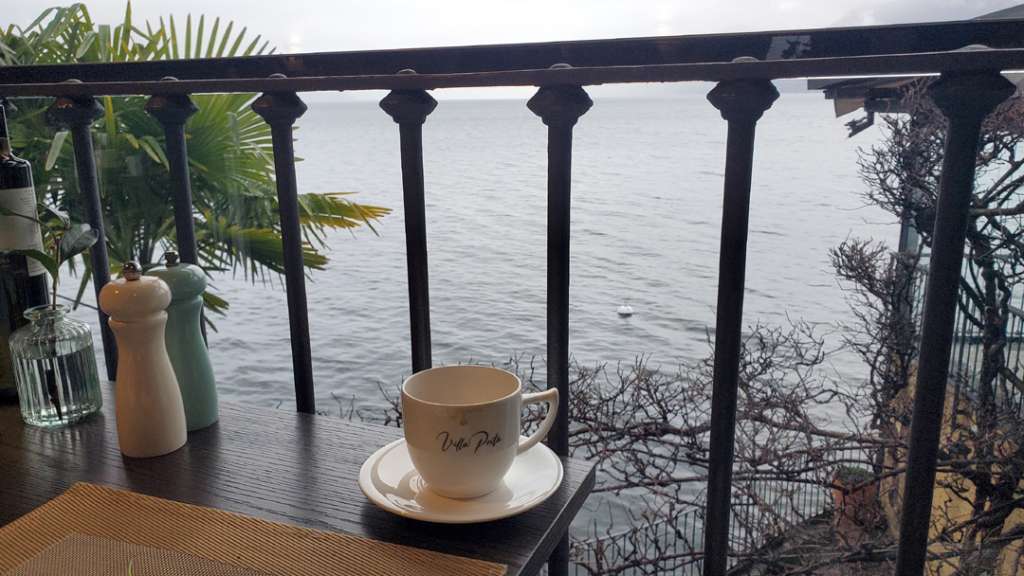
Even better, Villa Porta was a perfect base from which to explore the other parts of the lake, in whichever country. Lugano and Locarno, both in Switzerland, were just a short bus or train ride away. Or if one wanted to stay in Italy, the village of Luino was a five-minute bus drive down the road, where one could raise the ghosts of Nobel Laureates Ernest Hemmingway and Dario Fo, the latter of whom actually lived in Luino, an area soaked in historic freedom struggles, from the independence movements of 1848 or the revolts of 1898.
In the end, the only thing I missed was the International Herald Tribune, my favorite newspaper when traveling. It was long gone, many years ago, in fact, but I still missed it. Villa Porta did provide several other papers in the restaurant at breakfast time, but they just didn’t compare.
I was OK with this. I had my double espresso. I had my radical history. I had the ghosts. Borders were pointless and I was content in the present moment.
